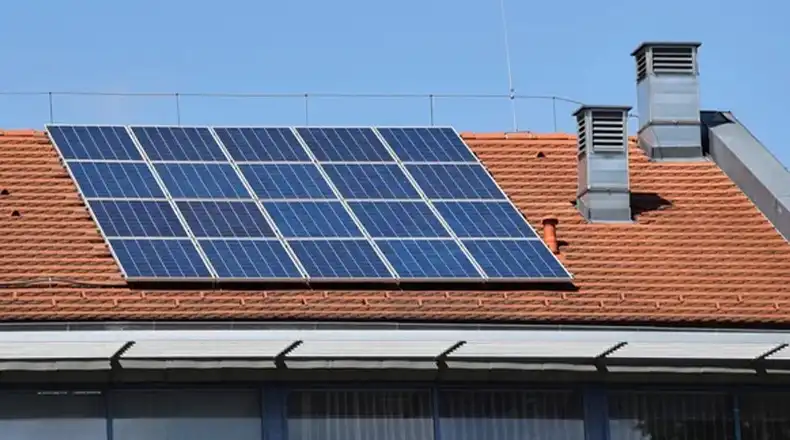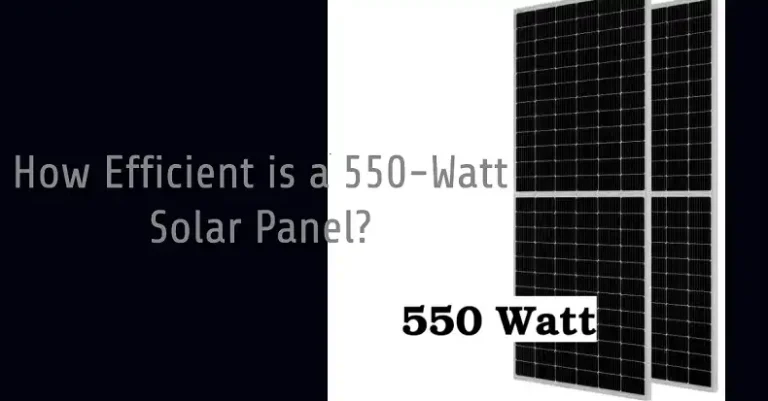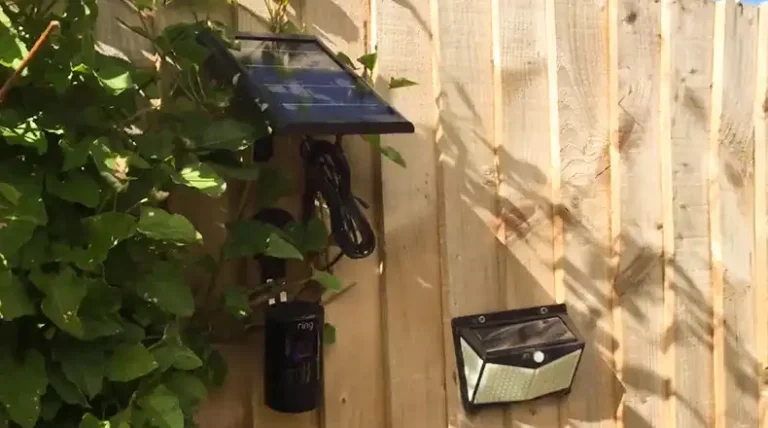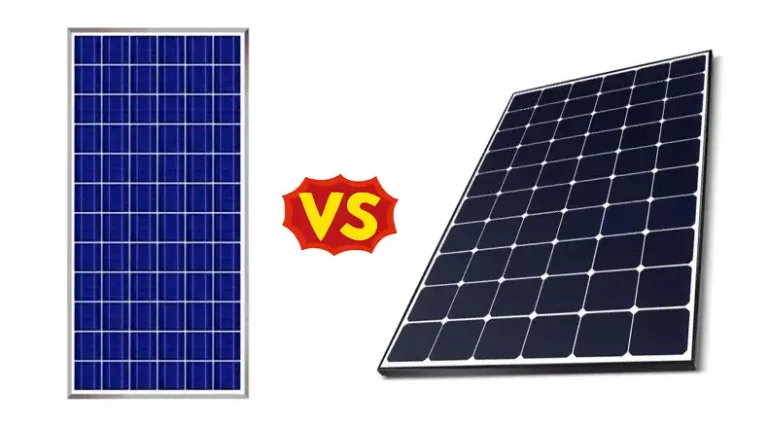Is Off-Grid Solar Legal in California? A Comprehensive Guide
California, the Golden State, with its abundant sunshine, has long been a forerunner in renewable energy adoption. For many residents, the allure of off-grid solar systems — those not connected to the public electricity grid — is strong. But the question looms: Is setting up an off-grid solar system legal in California?
Yes, off-grid solar systems are legal in California. However, there are regulations, standards, and codes one must adhere to for a safe and compliant installation.
Let’s explore the conditions and considerations surrounding off-grid solar systems in this state.

What are the California Off-Grid Laws?
Let’s begin with the off-grid laws of California.
California, with its progressive stance on renewable energy, has specific laws and regulations in place to ensure the safe and effective use of off-grid systems. Here’s a snapshot of the legal landscape:
1. Building Codes and Standards
California has incorporated the International Residential Code (IRC) and the International Building Code (IBC). Both of these set the benchmark for construction standards, including those for off-grid solar installations. Adherence ensures safety and quality of the system setup.
2. Permit Requirements
Before embarking on an off-grid solar journey, homeowners must secure the necessary permits from local authorities. This typically encompasses electrical permits, building permits, and occasionally, environmental impact assessments, especially in protected or sensitive areas.
3. Equipment Certification
All off-grid solar equipment, from panels to inverters, must comply with specific standards set by bodies like the California Energy Commission (CEC). These standards ensure that the equipment is safe, reliable, and effective.
4. Environmental Impact
In some regions, especially those that are ecologically sensitive, setting up off-grid solar systems might require additional environmental evaluations. The intent is to preserve the region’s ecological balance while promoting green energy.
5. Water Harvesting and Usage
For those considering full off-grid living, California has specific laws regarding rainwater harvesting, greywater usage, and waste management. It’s essential to ensure that water systems, sanitation, and waste disposal methods adhere to state regulations.
6. Property Taxes and Incentives
Going off-grid might have implications on property taxes, especially if the value of the property changes post-installation. On the brighter side, California offers tax incentives and rebates for those installing renewable energy systems, which can offset initial costs.
When Off-Grid Solar Is Legal in California
Condition 1: If You Are Following Building and Safety Codes
- California has stringent building and safety codes that every off-grid solar installation must comply with. These standards ensure the safety of residents and the durability of the infrastructure.
Condition 2: If You Have Gather the Necessary Legal Permits
- Before installing an off-grid system, homeowners must obtain the necessary permits from local jurisdictions. This might include electrical, building, or other relevant permits.
Condition 3: If You Have The Equipment Certificate
- Equipment used, such as solar panels and inverters, must often meet specific certifications, ensuring they’re safe and up to industry standards.
Condition 4: If You Are Following Interconnection Standards
- While the system might be off-grid, if there’s any potential for connection to the grid in the future, it must adhere to California’s interconnection standards.
What are the Benefits and Drawbacks of Off-Grid Systems in California?
Off-grid systems, while providing a sense of independence and sustainability, come with their own sets of advantages and challenges. Given California’s unique geography, climate, and energy policies, these pros and cons can be especially pronounced.
Benefits
- Energy Independence: Going off-grid means you’re not reliant on utility companies. This can provide a buffer against energy price hikes and outages.
- Sustainability: Harnessing the sun’s power reduces carbon footprint, aligning with California’s push for green and sustainable energy solutions.
- Potential Savings: Over time, as you harness free solar energy, there can be considerable savings, especially with California’s high electricity prices.
- Incentives and Rebates: California offers several financial incentives, rebates, and tax breaks for those adopting renewable energy.
- Remote Living: Off-grid systems can power homes in remote areas of California where connecting to the grid might be challenging or expensive.
Drawbacks
- Initial Costs: Setting up an off-grid system, complete with solar panels, batteries, and backup generators, can be expensive initially.
- Maintenance: Off-grid systems, especially those with battery storage, can require more maintenance than their on-grid counterparts.
- Energy Limits: One must be more conscious of energy consumption, especially during days with limited sunlight.
- Regulatory Hurdles: Meeting all the local codes, and standards, and acquiring necessary permits can be a complex process.
- Variable Energy Production: California’s diverse geography means sunlight availability can vary. Coastal areas might experience more cloudy days, affecting solar energy generation.
Considerations Before Going Off-Grid
- Economic Feasibility: While going off-grid might seem financially attractive, one must factor in the costs of batteries, backup generators, and potential future grid connection costs.
- Battery Storage: Off-grid systems typically require robust battery storage solutions. Understanding the types, capacities, and costs associated with these batteries is crucial.
- Backup Power: For times when solar generation might be low, having a backup power solution, like a generator, is essential.
- Maintenance: Off-grid systems, with their batteries and potentially backup generators, can demand more maintenance than on-grid counterparts.
Wrapping Up
While California champions renewable energy, ensuring the safety and reliability of off-grid solar systems is paramount. Thus, while it’s perfectly legal to set up such a system, being aware of, and compliant with, the myriad of regulations is essential.
For those contemplating the off-grid journey in California, it’s essential to be well-informed, plan meticulously, and adhere to the state’s guidelines. Every step taken towards sustainability shines a light on a greener future. Should you have further insights or queries, feel free to share in the comments below. Your journey towards energy independence deserves applause!






